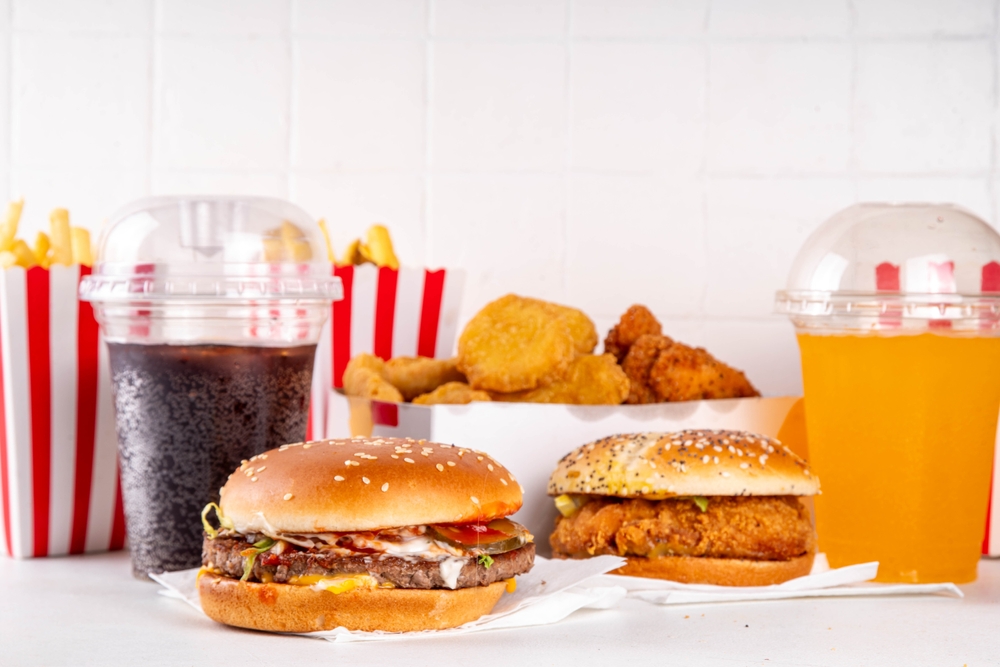Ultraprocessed foods make up more than half of the average American adult’s diet, and over 60% of children’s meals. They’re fast, cheap, and engineered to be irresistible, but they come with serious health risks.
Others are reading now
From obesity and diabetes to heart disease, the mounting evidence points to these foods as a major public health concern. Yet despite knowing the risks, most people find it difficult to cut back. Why? That’s what Dr. Kevin Hall has spent years trying to find out.
Meet the Scientist Taking on Big Food
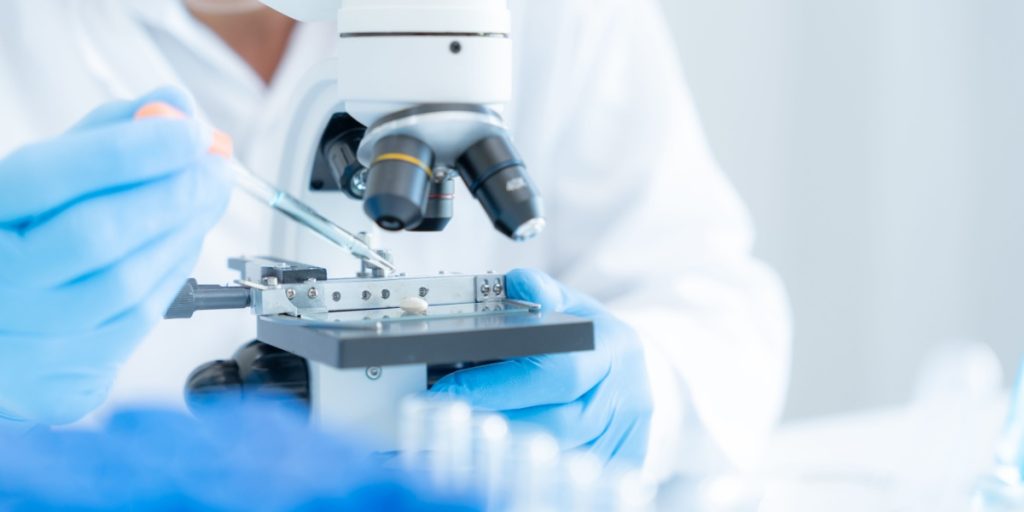
Dr. Kevin Hall, a nutrition scientist formerly at the U.S. National Institutes of Health (NIH), has conducted two of the most tightly controlled studies on ultraprocessed foods ever done. In one study, participants consumed 500 extra calories a day on an ultraprocessed diet.
In another, that number jumped to 1,000 calories. These weren’t casual observations, participants were sequestered and closely monitored. As nutrition expert Marion Nestle put it, “These are two of the most important experiments ever done in nutrition.”
The Science Is Clear: It’s Not Just Willpower
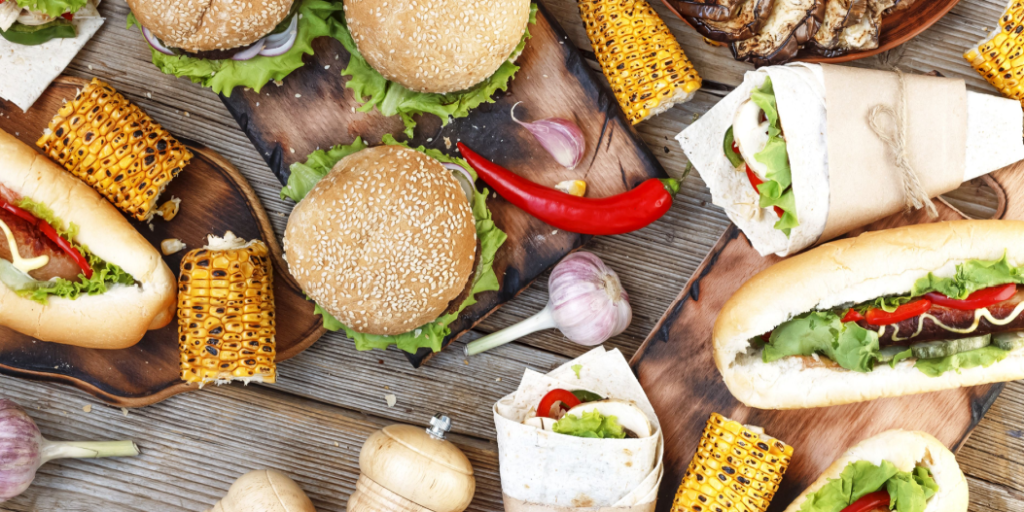
Hall’s research supports a powerful message: people aren’t overeating because they’re weak, they’re eating more because the modern food supply is engineered to make them do so.
Our brains respond to cues from our environment, our hormones, and our gut, but ultraprocessed foods can scramble those signals. The result? We overeat without even realizing it. Hall’s message is simple: stop blaming yourself.
Also read
What Makes These Foods So Addictive?
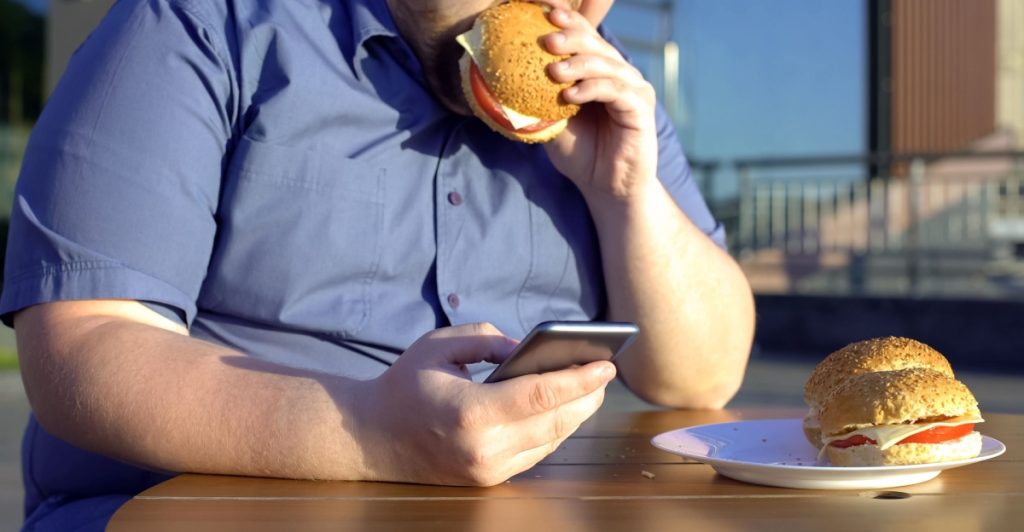
The worst offenders are those that are both energy dense (lots of calories per bite) and hyperpalatable, meaning they hit just the right mix of fat, salt, and sugar to keep us coming back for more.
Think chips, frozen pizzas, and packaged sweets. Hall believes these combinations hijack our brain’s natural regulation systems, making it almost impossible to stop eating once we start.
A Food Landscape Designed for Overeating
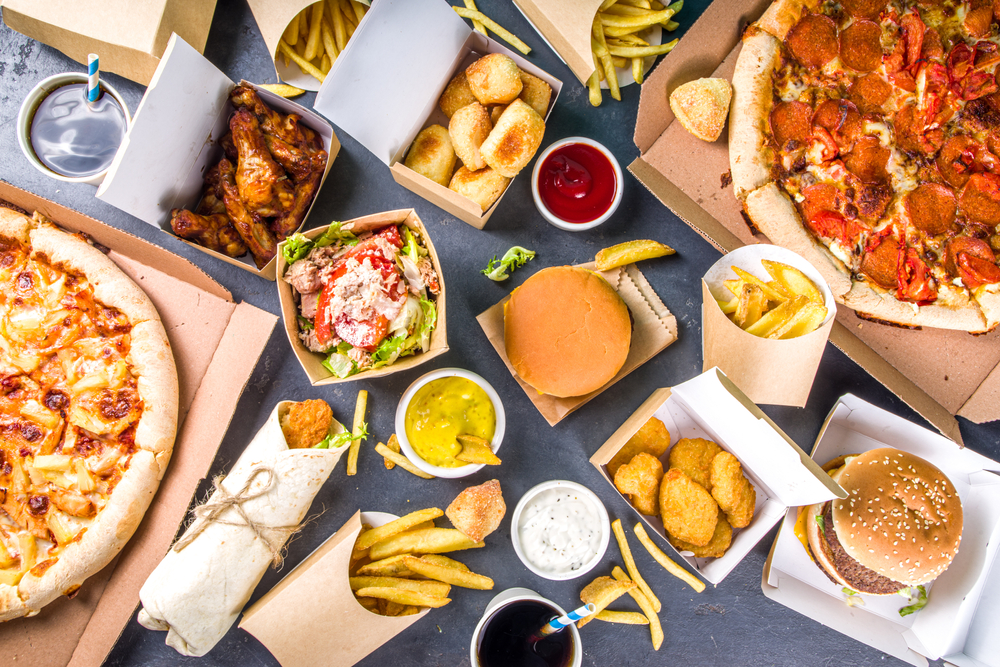
Unlike in the past, when sweets or rich meals were occasional indulgences, today’s ultraprocessed foods are available 24/7. They’re aggressively marketed, even to children, and engineered to be cheap, convenient, and nearly impossible to resist.
“Our food environment stacks the deck against us,” says Hall. And while some people manage to lose weight, it’s not easy in a world built for overeating.
Choosing Smarter: What You Can Control
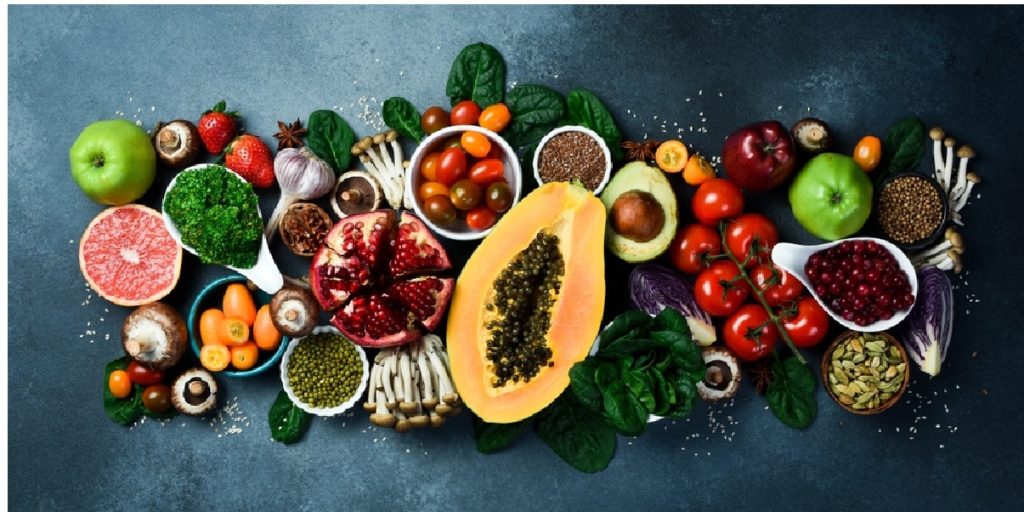
So how do we make better food choices in this environment? Hall recommends practical swaps: opt for premade meals with whole grains, legumes, and vegetables, but low in added sugar and saturated fat. If you’re buying marinara sauce, choose one with less sodium and sugar, then add your own vegetables. “Don’t obsess over whether it’s ultraprocessed,” he advises. “Focus on whether it helps you eat a healthier diet overall.”
Also read
Food Labels Aren’t Helping — Yet

Unfortunately, decoding labels for energy density or hyperpalatability isn’t straightforward. A product’s calories per serving can change depending on whether it’s cooked, and there’s no easy way to spot dangerous nutrient combos just by reading packaging.
Hall believes we need mandatory labels, or better yet, policies that promote healthier foods by default and relegate indulgent options to occasional treats, like they used to be.
Debunking the Metabolism Myth
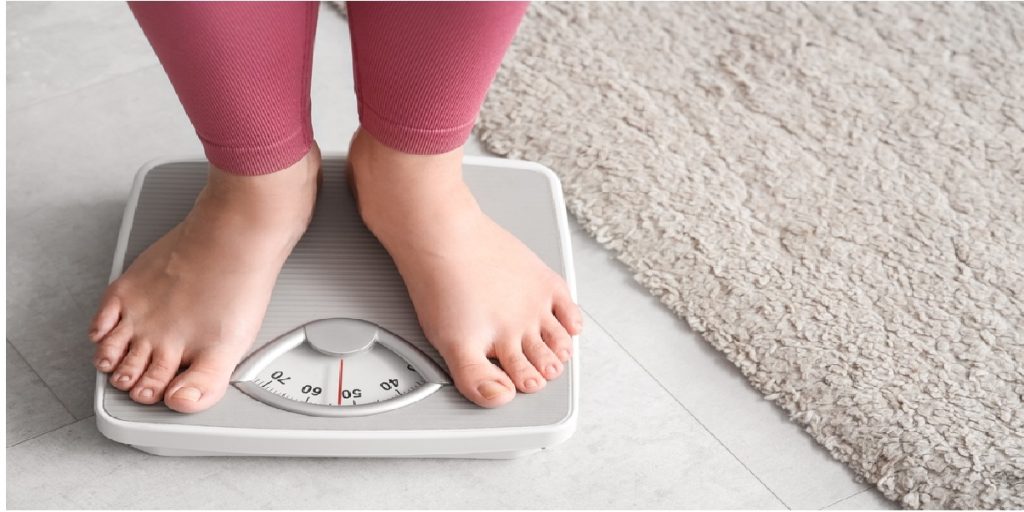
Hall also helped debunk the popular belief that slow metabolism makes weight loss harder. His study of contestants from The Biggest Loser revealed no link between a slowed metabolism and weight regain.
In fact, many who had the biggest drop in metabolic rate didn’t gain more weight. Despite the science, products that claim to “boost metabolism” are still on the market, even dangerous ones like DNP, which has been linked to deaths and blindness.
The Hype Behind Precision Nutrition
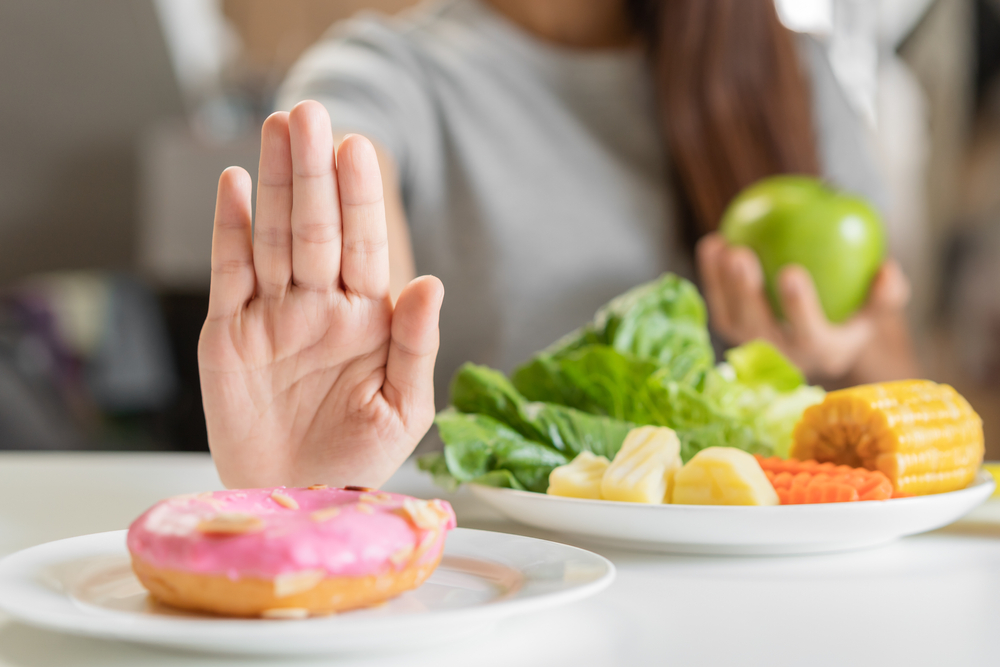
Another myth Hall warns about? Precision nutrition. Companies now promise personalized diets based on your genes, microbiome, or glucose levels, often at a steep price. But Hall says the science isn’t there yet.
Also read
“There aren’t any strong studies showing these methods outperform the old advice: eat more plants, less sugar, less salt, and less saturated fat.” Until we have more data, he suggests sticking with what we already know works.

